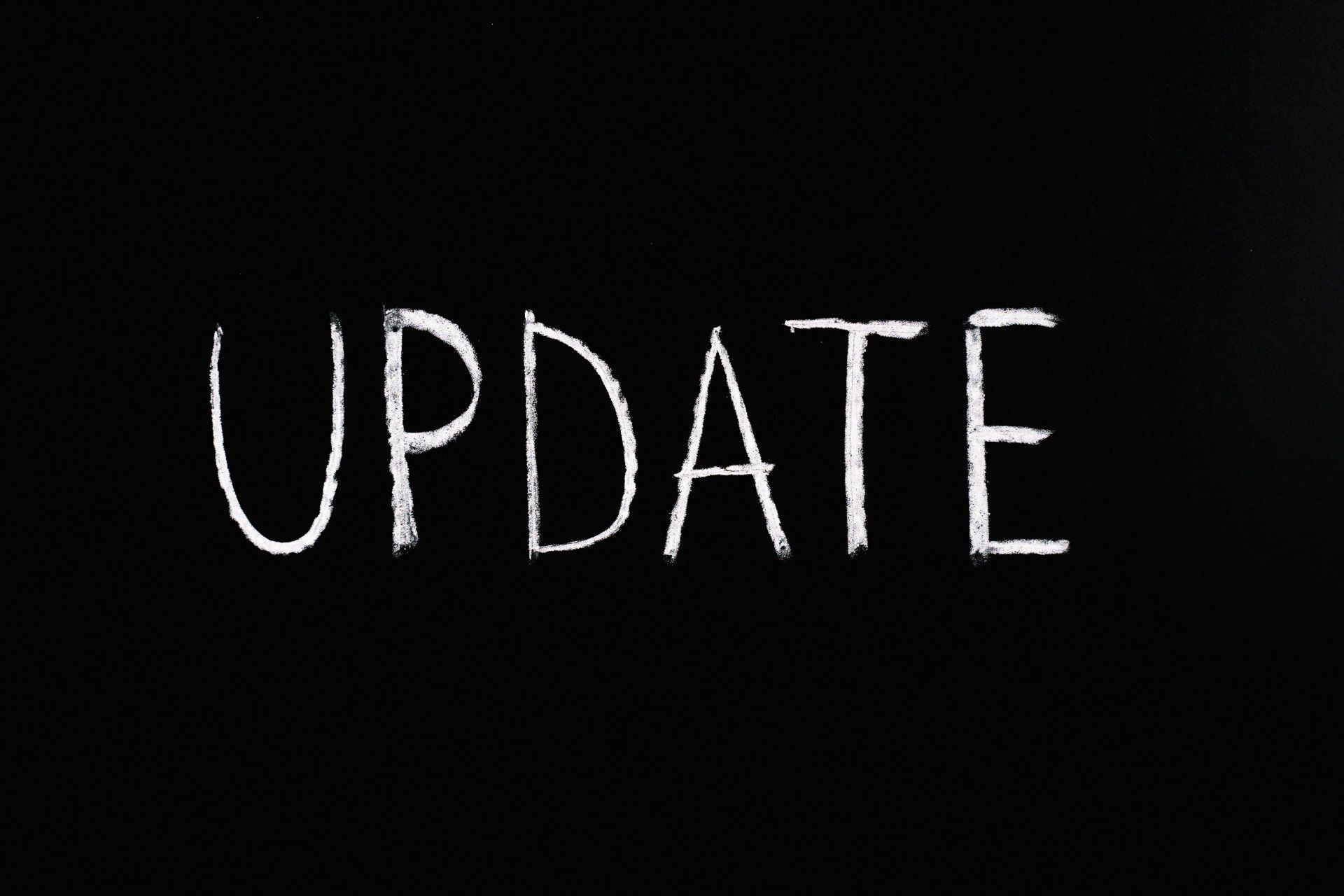New Construction Vs. Existing Homes
New Construction
When we are talking about new construction, in this case, we are talking about custom building your next home. From the floor plan and square footage to the metal finishes of your hardware, new construction allows you to choose exactly what you want your home to look like. As a home seller, you may have lived in your current home for many years and made sacrifices on your wants vs. needs list. New construction homes give you the opportunity to turn your dream home into a reality.
Pros
- Customization:
It’s all up to you. When investing in your custom build, you get a say in everything from where the kitchen goes to what kind of stain you’ll be using on your wood floors and the exact doorknob on your front door. This truly allows you to create your picture-perfect home.
- Efficiency: New construction means brand new everything. Newer appliances and home technologies such as HVAC systems, windows, dishwashers, and more are much more energy-efficient than older models in existing homes. This build-up of energy-efficient technologies in your home can mean extra savings on your utility bills!
- Maintenance: Because everything about your new construction home is brand new, you won’t have to stress about any surprise maintenance. This initial savings on repairs to your home can help you better predict your monthly home expenses and save up for a home-specific emergency fund should you have any hiccups in the future.
Cons
- Location: Typically, new construction is built in what is called exurbia, or a location removed from the nearest suburban or city areas. While you may get to build the home of your dreams, you may also be sacrificing easy access to things such as shopping, dining, and other activities. It's also important to consider the potential of adding on time to your commute.
- Price: Especially in today’s market, building a new construction home can quickly add up in price. Considering things like the price of lumber and other materials, the price of shipping those materials, and paying for the physical labor that will go into building your home, expenses add up quickly. That’s not even to mention any customizations you may want in your home both aesthetically and functionally.
- Nature: Because new construction often happens outside of established communities, the surrounding nature can be unruly. You may have to factor in the price of landscaping into your new construction project to ensure your home gets the look, feel, and natural protection it needs.
Existing Homes
Existing homes are homes that have been around for more than a few years. They are typically located in established suburban communities and require a little more love and care. Just like new construction homes, existing homes come with a set of pros and cons that you should consider when buying your next home.
Pros
- Character: Existing homes have a story to tell. Countless families have made these houses their home and added their own personal flare to make it what it is today. When looking at existing homes as a homebuyer, you will have the opportunity to see many different styles and characteristics that you may have never considered in a home before.
- Community: Established in long-standing communities, existing homes allow you to find a community more easily. One of the many personal benefits of homeownership is becoming a part of a community by participating in local initiatives, joining your local church, participating in your child’s PTA program, and so much more. Buying an existing home may introduce you to new neighbors, friends, and hobbies.
- Nature: Because existing homes are older, they also have matured greenery. This growth of trees, bushes, and other plants actually work to protect your home from weather and natural wear and tear. Not to mention it gives your home a more homey feel.
Cons
- Maintenance: Existing homes come with a little wear and tear. Hopefully, you were able to get a proper home inspection before buying your home to get a better picture of larger issues that need to be taken care of in your new home. However, because existing homes come with a few years of wear, you can expect your maintenance repairs to start adding up.
- Customization: Buying an existing home may mean you had to sacrifice some items from your list of needs vs. wants. If this is the case and you want to buy your next home, but know you’ll be doing some renovations, check out our renovation loan products tailored to this specific situation. It’s also important to consider whether any renovations or changes you want to make to your home need to be approved by a Home Owner’s Association. These projects can truly start to add up and should be an expense you budget for after you make the biggest purchase of your life.
Selling your home and starting the home buying process can be intimidating. The first step is to understand all the available options to you and choose the best option for you and your specific situation. Whether you decide to build your home from the ground up or add your own touches to an existing home, the achievement of homeownership is something to be celebrated.
Contact one of our loan officers today if you have questions about starting the home buying process, selling your current home, or what loan program may be the best for you and your specific situation..
Share This Article





